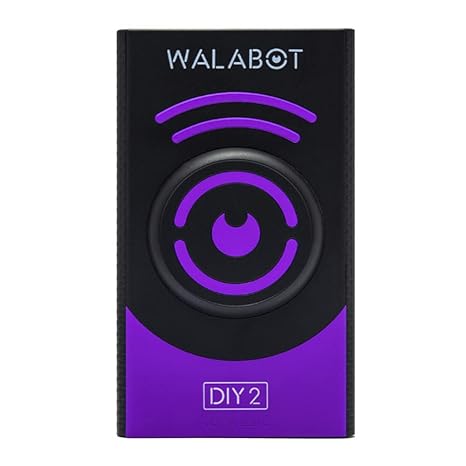How to Choose the Right Stud Finder for Your Home Improvement Needs
Funny and Surprising White Elephant Gifts: Unforgettable Presents for the Gift Exchange
May 24, 2024Introducing Mukinrch Massage Bubble Slides Slippers: Unleash Your Feet’s Bliss!
May 24, 2024When undertaking home improvement projects, having the right tools is crucial for achieving excellent results. One such tool that can greatly assist you is a stud finder. A stud finder is designed to help locate the framing studs behind your walls, enabling you to make secure and stable installations. However, with numerous options available on the market, choosing the right stud finder can be overwhelming. In this article, we will guide you through the process of selecting the ideal stud finder for your home improvement needs.
The first factor to consider when choosing a stud finder is the type of stud detection technology it utilizes. There are three main types: magnetic stud finders, electronic stud finders, and instant stud finders. Magnetic stud finders work by detecting the metal nails or screws used to secure the wallboard to the studs. Electronic stud finders use sensors to detect changes in density caused by the presence of a stud. Instant stud finders combine both magnetic and electronic technology for accurate and efficient stud detection. Consider your preferences and the level of precision you require to determine which type suits you best.
Another crucial aspect to evaluate is the depth detection range of the stud finder. Different models offer varying depths at which they can detect studs. Ensure that the stud finder you choose can reach the depth necessary for your specific projects. For standard residential walls, a stud finder with a depth detection range of 1-1.5 inches should suffice. However, if you are working with thicker walls or specialized materials, opt for a stud finder with a deeper detection range.
Ease of use is also a key consideration. Look for a stud finder that is intuitive and user-friendly. Models with clear LCD displays, audible alerts, and visual indicators simplify the stud locating process. Additionally, consider the size and weight of the stud finder, as a comfortable grip and ergonomic design can make a significant difference, especially during extended projects.

Furthermore, it is essential to assess additional features that may enhance your user experience. Some stud finders come with built-in level indicators, which can be helpful for ensuring accurate installations. Others offer scanning modes that can detect live electrical wires or metal pipes behind walls, providing an added layer of safety. Evaluate your specific needs and project requirements to determine which features are essential for your stud finder.
Lastly, consider the overall quality and reputation of the stud finder brand. Read customer reviews and ratings to gain insights into the reliability, durability, and accuracy of the product. Investing in a trusted and reputable brand ensures that you are getting a high-quality stud finder that will meet your expectations.
Choosing the right stud finder is crucial for successful home improvement projects. Consider the type of detection technology, depth detection range, ease of use, additional features, and overall brand reputation. By carefully evaluating these factors, you can select a stud finder that best aligns with your specific needs, making your home improvement tasks more efficient, accurate, and enjoyable. So, before embarking on your next project, take the time to choose the perfect stud finder that will assist you every step of the way.


